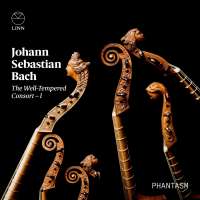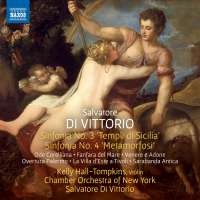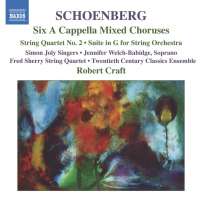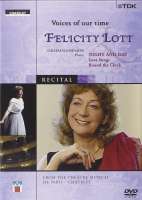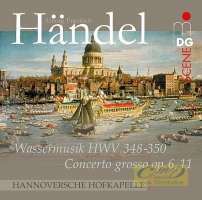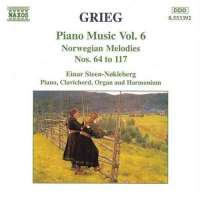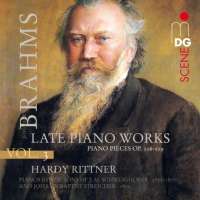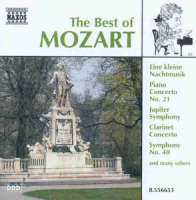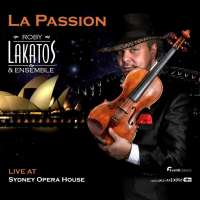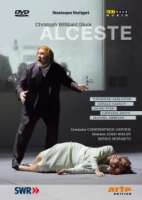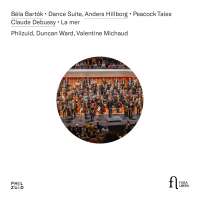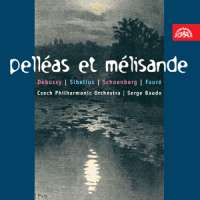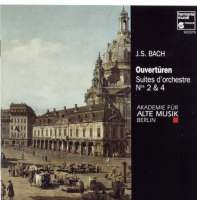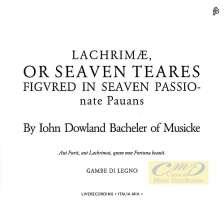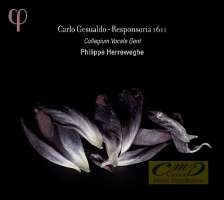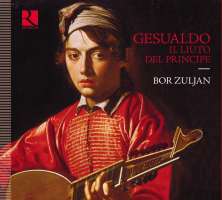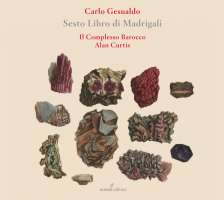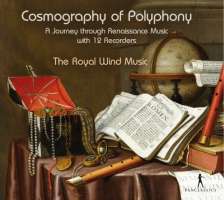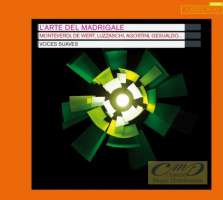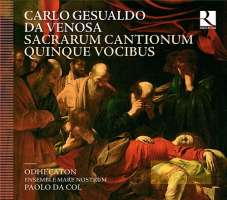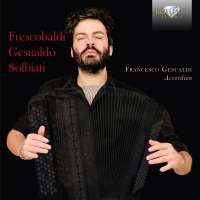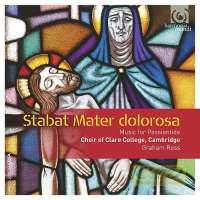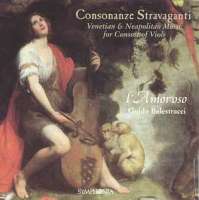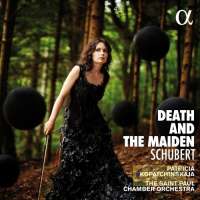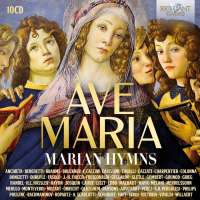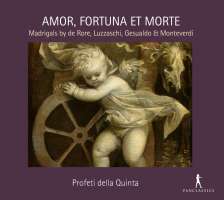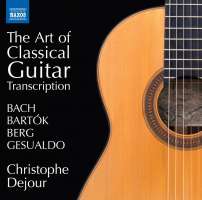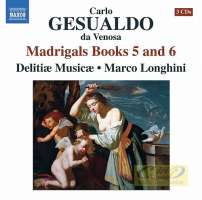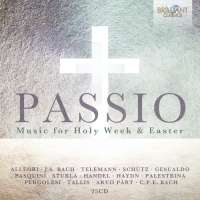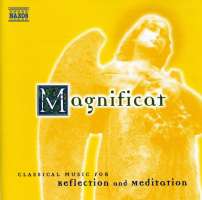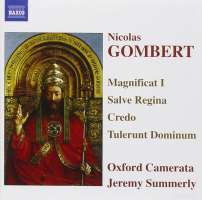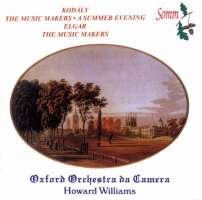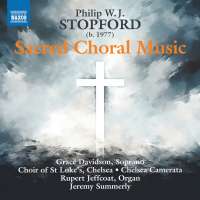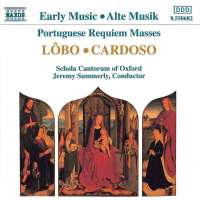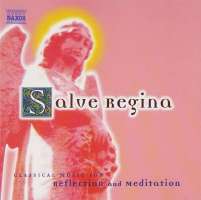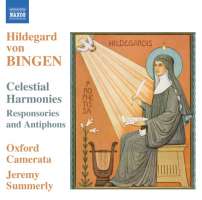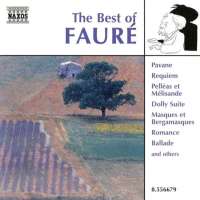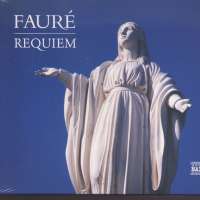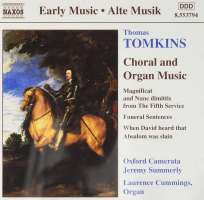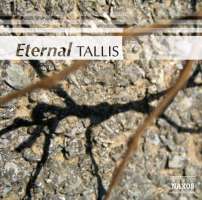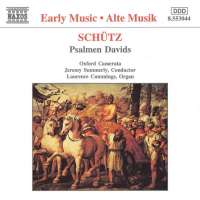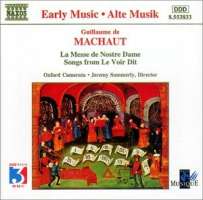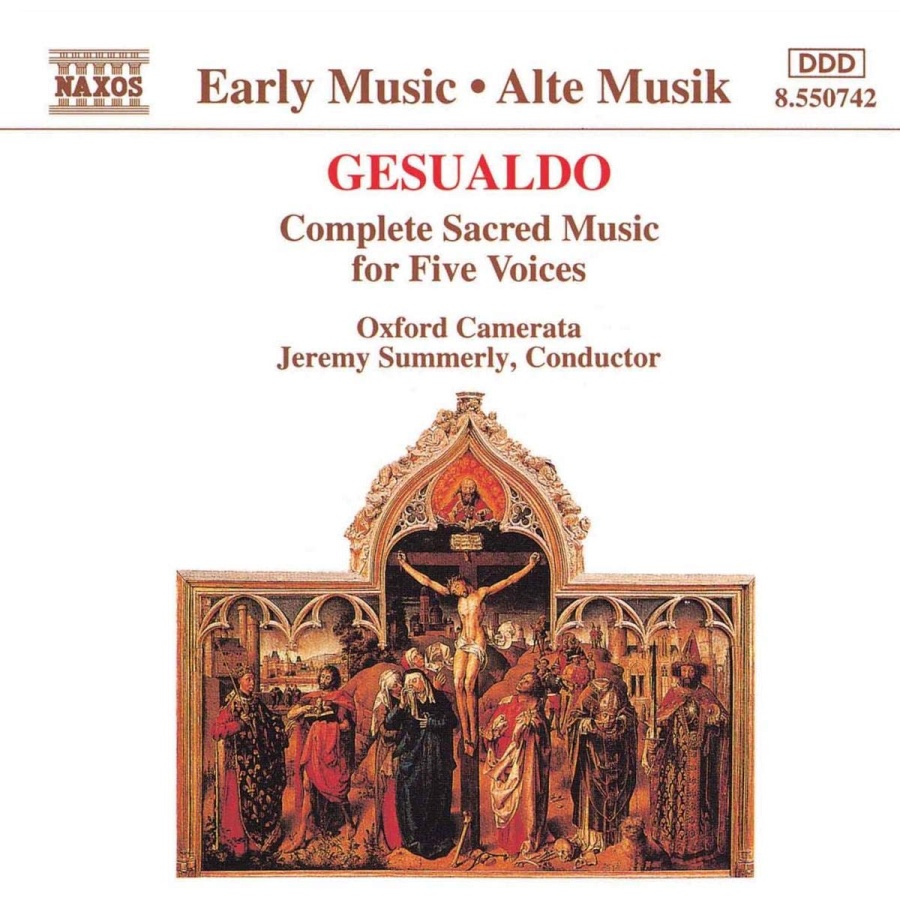
classical music distribution

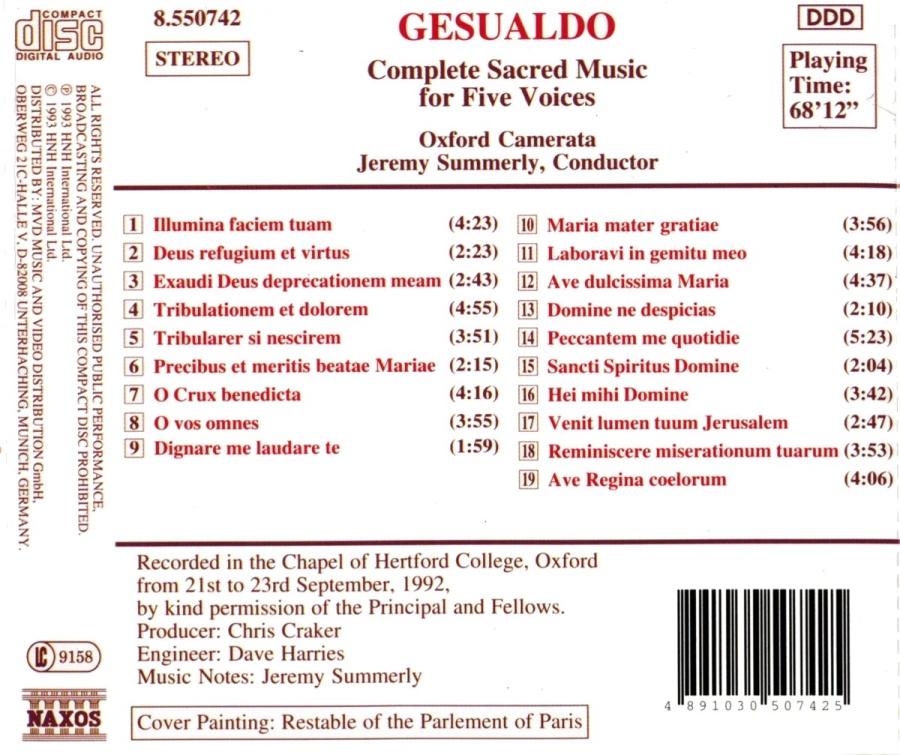
(Produkt nie został jeszcze oceniony)
kompozytor
Gesualdo, Carlo
tytuł
Gesualdo: Sacred Music for Five Voices (Complete)
wykonawcy
Oxford Camerata;
Summerly, Jeremy
Summerly, Jeremy
nr katalogowy
8.550742
opis
Don Carlo Gesualdo, Prince of Venosa, Count of Conza, was a murderer; he was also one of the most intriguing composers of his generation. These two statements are necessarily interrelated: the received image of a tortured soul writing idiosyncratic music in the aftermath of his wife's homicide is a powerful one. But to suggest that Gesualdo's evident state of mental unbalance affected his fundamental musical competence is both misleading and unfair.
But Gesualdo's basic style is as competent as that of Palestrina or Monteverdi; without a sound contrapuntal technique the more extreme gestures would not be as effective as they undoubtedly are. Any early-Baroque composer would surely have been proud to have written the motets 'Peccantem me', 'Laboravi', or 'O vos omnes', while the still life 'O crux benedicta' is an unparalleled model of late Renaissance fluency.
• Gesualdo: Ave, Regina caelorum
• Gesualdo: Deus refugium et virtus
• Gesualdo: Dignare me laudare te
• Gesualdo: Domine ne despicias
• Gesualdo: Exaudi Deus deprecationem meam
• Gesualdo: Hei mihi Domine
• Gesualdo: Illumina faciem tuam
• Gesualdo: Laboravi in gemitu meo
• Gesualdo: Maria, Mater gratiae
• Gesualdo: O Crux benedicta
• Gesualdo: O Vos Omnes
• Gesualdo: Peccantem me quotidie
• Gesualdo: Precibus et meritis
• Gesualdo: Reminiscere miserationum tuarum
• Gesualdo: Sancti Spiritus Domine
• Gesualdo: Tribularer si nescirem
• Gesualdo: Tribulationem et dolorem
• Gesualdo: Venit lumen tuum Jerusalem
It is difficult therefore to empathize with all of Gesualdo's work, peppered as it is with self-conscious mannerisms that are the result of psychological self-torture: it is easy to be blinded by the more superficial elements of the music.
But Gesualdo's basic style is as competent as that of Palestrina or Monteverdi; without a sound contrapuntal technique the more extreme gestures would not be as effective as they undoubtedly are. Any early-Baroque composer would surely have been proud to have written the motets 'Peccantem me', 'Laboravi', or 'O vos omnes', while the still life 'O crux benedicta' is an unparalleled model of late Renaissance fluency.
Works:
• Gesualdo: Ave, Dulcissima Maria
• Gesualdo: Ave, Regina caelorum
• Gesualdo: Deus refugium et virtus
• Gesualdo: Dignare me laudare te
• Gesualdo: Domine ne despicias
• Gesualdo: Exaudi Deus deprecationem meam
• Gesualdo: Hei mihi Domine
• Gesualdo: Illumina faciem tuam
• Gesualdo: Laboravi in gemitu meo
• Gesualdo: Maria, Mater gratiae
• Gesualdo: O Crux benedicta
• Gesualdo: O Vos Omnes
• Gesualdo: Peccantem me quotidie
• Gesualdo: Precibus et meritis
• Gesualdo: Reminiscere miserationum tuarum
• Gesualdo: Sancti Spiritus Domine
• Gesualdo: Tribularer si nescirem
• Gesualdo: Tribulationem et dolorem
• Gesualdo: Venit lumen tuum Jerusalem
nośnik
CD
gatunek
Muzyka klasyczna
producent
Naxos
data wydania
02-11-1993
EAN / kod kreskowy
4891030507425

(Produkt nie został jeszcze oceniony)
cena 58,00 zł
lubProdukt na zamówienie
Wysyłka ustalana indywidualnie.
Darmowa wysyłka dla zamówień powyżej 300 zł!
Darmowy kurier dla zamówień powyżej 500 zł!
sprawdź koszty wysyłkiProduktu jeszcze nie zrecenzowano, chcesz być pierwszy?
Klienci, którzy kupili ten produkt, kupili również
Debussy, Claude, Sibelius, Jean, Schönberg, Arnold
Debussy, Sibelius, Schönberg: Pelleas et Melisande
SU 3899-2
Pozostałe płyty tego kompozytora
różni kompozytorzy
Cosmography of Polyphony - Gombert; Dowland; Gesualdo; Sweelinck
PC 10377
różni kompozytorzy
L'arte del madrigale – Monteverdi, de Wert, Agostini, Luzzaschi, Marenzio …
AMY 306
Pozostałe płyty tego wykonawcy
Napisz recenzję dla: Gesualdo: Sacred Music for Five Voices (Complete)
Zapytaj o dostępność produktu
Twoje zapytanie:
Odpowiemy na adres:
Produkt został dodany do koszyka

Gesualdo, Carlo
Gesualdo: Sacred Music for Five Voices (Complete)
1 szt
